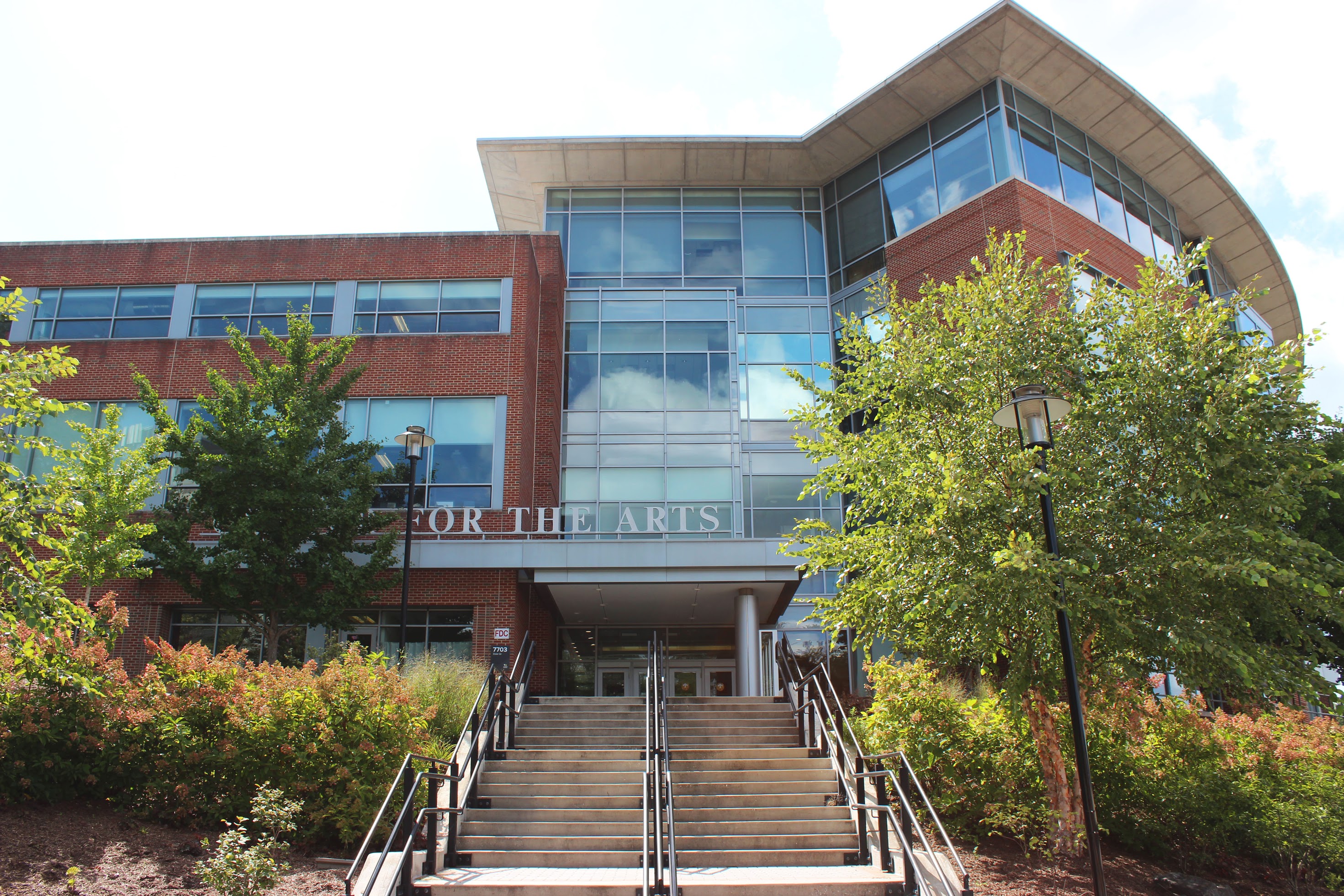
Students question intact studio and lab fees, departments address this decision
By: Ben Terzi, Contributing Writer
Photo by Meghan Hudson/ The Towerlight
Towson University recently refunded 10% of mandatory fees to students, excluding the lab and studio fees.
With COVID-19 shaping this academic year, most labs and studios cannot physically meet, as in-person classes were canceled at the start of the semester. Typically, labs and studios are designed as a time for students to receive a hands-on learning experience. Fees typically cover the cost of materials used in-person.
However, with courses being moved online, and many lab courses following en suite, students have begun to question why lab fees remain intact.
“We understand that course fees and lab fees are designed to support teaching and classes where there are sort of extraordinary needs,” said Dean of Fischer College of Science and Mathematics (FCSM) Dr. David A. Vanko. “And so this could run from science courses that have you know, glassware and chemicals and things of that nature to art classes where you have to buy clay.”
According to Jenee Mateer, Department Chairperson of Art + Design, Art History, and Art Education, her department fought to keep labs open, even though the classes are online, in order to provide students with the class materials they may need. The students are given an option on whether or not to take advantage of the open labs.
According to Mateer, departments submit their requests to charge fees for certain classes every other year to the University, who then approve that the fees cover necessary materials.
With some courses moving online, some fees have been refunded. Some of the money is being used to purchase materials for art students.
“Some of our instructors are using fee money to put together kits that students can take home with them for the semester—these kits might include materials and small pieces of equipment they need,” said Mateer.
FCSM Administration is also looking to reduce unnecessary lab fees and cover any additional increases to course and lab fees for students. For students paying for their regular lab courses this semester, FCSM is opening up research labs for anyone who wishes to work on projects independently.
“For the research labs, any faculty member or undergraduate students or graduate students who have research projects, have submitted a request form where they talk about what their protocols are going to be,” said Dean of FCSM Dr. David A. Vanko. “How they’re going to keep the lab safe and clean, how they’re going to keep low density, and you know the masks on and all that.”
Alternatively, a lot of students are continuing their lab and studio experiences from home, some even paying more than they signed up for.
TU student, Rachael Bruce, is taking graphic design III this semester, in which the University would normally offer her the tools she needs to complete the course.
“I do have to pay for my Adobe Creative Suite subscription myself now, which I used to heavily rely on the CFA’s computers in the lab,” Bruce said. “The student subscription is $20 a month [for a year], and that’s still a lot for me. I need this [program] to literally survive in my classes because it’s what I use for digital art and design every day pretty much, and I don’t feel comfortable going to the library or CFA right now.”
Although many had to pay for important software, some students were spared out-of-pocket costs. According to Mateer, the Art Department was able to provide Adobe licenses to only 120 students—a small fraction of the amount of students taking art classes.
One student, who asked to be addressed as C.M. for privacy reasons, is currently taking two studio classes where she had to pay $75 in fees for each course.
“I’m not actually using the studios at all,” said C.M. “I feel like I shouldn’t have to pay if we aren’t physically in class. I just wish those who don’t have access to labs don’t have to pay for them, especially since we have to for Adobe software out-of-pocket.”
According to Vanko, he and his administration want students to benefit from lab fees. They are under constant review in order to decide which fees are necessary or unnecessary.
“We’re keeping course fees separate from the rest of the budget so that they don’t get intermixed with, you know, the normal operating costs—telephones and copier paper and stuff like that,” said Vanko.
Vanko has even suggested raising course fees to improve virtual classrooms, where he and his administration will cover the cost.
“What we’re going to see in the spring semester are quite a few course fees will be reduced or eliminated, but we will be looking specifically at each course and determining,” said Vanko.
– Grace Coughlan, Associate Editor, contributed to this article.

